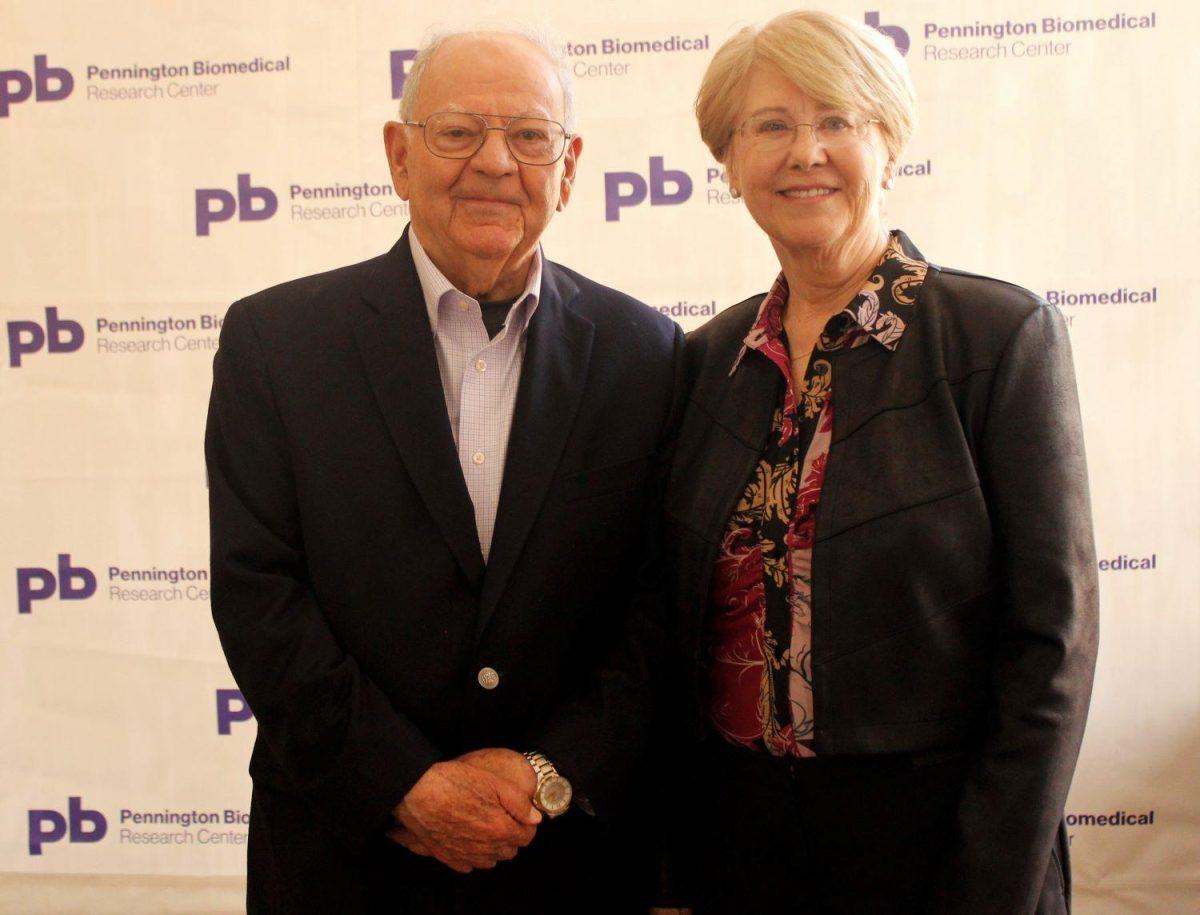New mothers in the LSU community will now have a private room dedicated to breastfeeding on campus, scheduled to open during the fall 2017 semester.
Thanks to a University-wide policy introduced by LSU Staff Senate in June 2017, a room within the LSU Student Union, previously used for security purposes, is receiving a face-lift to function as a lactation room.
Almost five million undergraduate students were reported raising children that depend on the parent, according to a 2014 study done by the Institute for Women’s Policy Research.
“We were getting calls occasionally, not only from our students, faculty and staff but occasionally from someone who was going to be visiting campus who wanted to know if there were lactation rooms available on campus for their use,” said Staff Senate President-Elect Tammy Millican.
Through research, Millican found that while the University does have a few lactation centers, such as in the LSU School of Veterinary Medicine building and the LSU Women’s Center, there were not many in central locations on campus.
In June 2017, Chair of the Staff Senate Committee on Staff Benefits, Policies and Development Rachel Henry introduced the policy to the Staff Senate and has since partnered with with Millican to begin writing and passing a resolution to go along with the policy.
“The places I have pumped and fed my children on this campus, I look back at it and, whereas it was at a necessity at the time, I’m almost ashamed,” Henry said.
Having raised two newborns on campus, Henry said she has pumped milk for her children in bathrooms, offices that did not lock, maintenance closets, among other places. Henry also said her situation is not unique; many mothers on campus face the same reality.
“[LSU] has a goal to be one of the best workplaces in Louisiana,” Millican said. “So they did challenge [Staff Senate] to think of some things that would help make [LSU] an even better workplace, and naturally this was something that came up.”
Now that the location for the room has been identified, the resources for the room have been ordered allowing for a tentative opening this fall 2017 semester, Henry said.
Beyond this one room, Millican said she hopes to see this initiative carried to other buildings on campus in the future.
“We feel like, in most buildings, we would be able to locate a space where a nursing mother would be able to go in and have some privacy and a clean room where they can comfortably pump [and] possibly store their milk,” Millican said.
Millican said turning a room into a specified lactation room does not cost much. Creating these rooms across campus is less about the amount of money and more about finding the space and designating it for nursing mothers, she said.
Henry hopes that having more of these rooms on campus will make it easier for new mothers returning to work to take care of nursing their newborns.
“I have actually gotten amazing feedback [on the policy,]” Henry said. “I have had conversations with HR representatives on campus, … [Pennington Biomedical Research Center] was very supportive of us adopting [a policy] on the main campus as well, … even the males that have no experience with children at all.”













